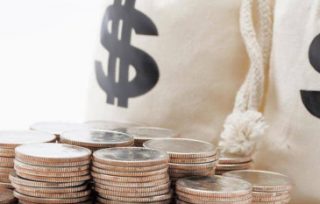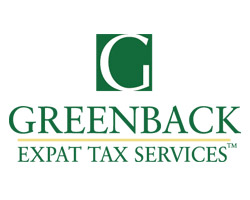Do You Have To Pay Tax On Gambling Winnings In Australia
- Do You Have To Pay Tax On Gambling Winnings In Australia 2019
- Do You Have To Pay Tax On Gambling Winnings In Australia Today
So, just to be simple and short: Australian gamblers do not have to pay taxes on their winnings! In fact, the Australian laws don’t consider gambling as a profession (which is, on the contrary, subject to taxation); it’s more likely a sort of fortunate windfall, a matter of good luck. That’s why gambling is not taxed at all. However, you can also apply the same tax withholding structure for your gambling winnings that you apply to other types of income. The income tax rate is 24% on all types of gambling profits, but there are certain sources of these winnings that are automatically subject to withholding tax.


In Australia, the Interactive Gambling Act (2001) governs the rules and laws about online gambling. This is a national law and that was first enacted in the Australian Parliament on June 28, 2001. The Act targets online gambling operators. And makes it an offence for them to offer ‘real-money’ online interactive gambling to residents in Australia.
That hasn’t done much to stop Australian’s spending big online, with $800 million spent by 2010. Accessing and using interactive gambling services is not an offence in Australia. It is also permitted for companies based in Australia to offer their services to gamblers located outside Australia. The only exception being those countries that were called ‘designated countries’. Australian punters benefit from not having to pay tax on their gambling winners. However, when it comes to online gaming, there aren’t many Australian providers.
Since few are actually based in Australia, there is a foreign transaction fee that some users will have to pay to make a deposit or withdrawal. This is dependent on what kind of banking method you use.
For example, Mastercard and Visa will generally charge a foreign transaction fee. Whereas Skrill, won’t charge one. There is also the issue of currency conversion. As some of the best casinos available might not offer the option to play in the Australian dollar.
We’ve already answered the question of whether or not you have to pay tax on your gambling winnings so if that’s the question you’re asking, check out our other tax entry in our FAQ section. If you just want a short answer, then it is “no” – assuming you live in the UK.
However, even though you don’t have to pay tax on the profit of your winning bets, the more tax savvy, or perhaps taxman-wary, punters out there, may still be questioning whether or not they would still have to declare profit from winners to the tax man.
Again, thankfully, the answer is a simple no (as far as we’re aware). Gambling is not listed by HMRC as a taxable trade, there is no tax due and any income derived from such activities is of no concern to them, meaning there is no need to declare it.

Keeping Records
Having said all this, you may want to keep records of your wins (especially larger ones) in case you are ever investigated as you may need to prove where this extra unearned money has come from – if Joe the postman suddenly starts driving a Ferrari, chances are the tax man might pop his head up and have a poke around just to make sure things are on the up-and-up.

If only all questions relating to tax were so easy to answer!
Tax on Bank Interest

Do You Have To Pay Tax On Gambling Winnings In Australia 2019
Although any winnings gained from gambling be it online, in a high street bookmaker or in a casino, are exempt from tax in the UK, you may be in a situation where some interest earned on those winnings whilst they are in a bank account, savings account, trust fund or bond will be taxable.
Do You Have To Pay Tax On Gambling Winnings In Australia Today
Currently, the UK government allow basic rate tax payers to earn up to £1000 in interest during the tax year before being required to pay tax on this interest. This amount reduces to £500 for higher rate tax payers. So, if you have significant winnings held in accounts that aren’t tax free, such as ISAs and certain National Savings accounts, you could be required to pay tax on the interest accrued.